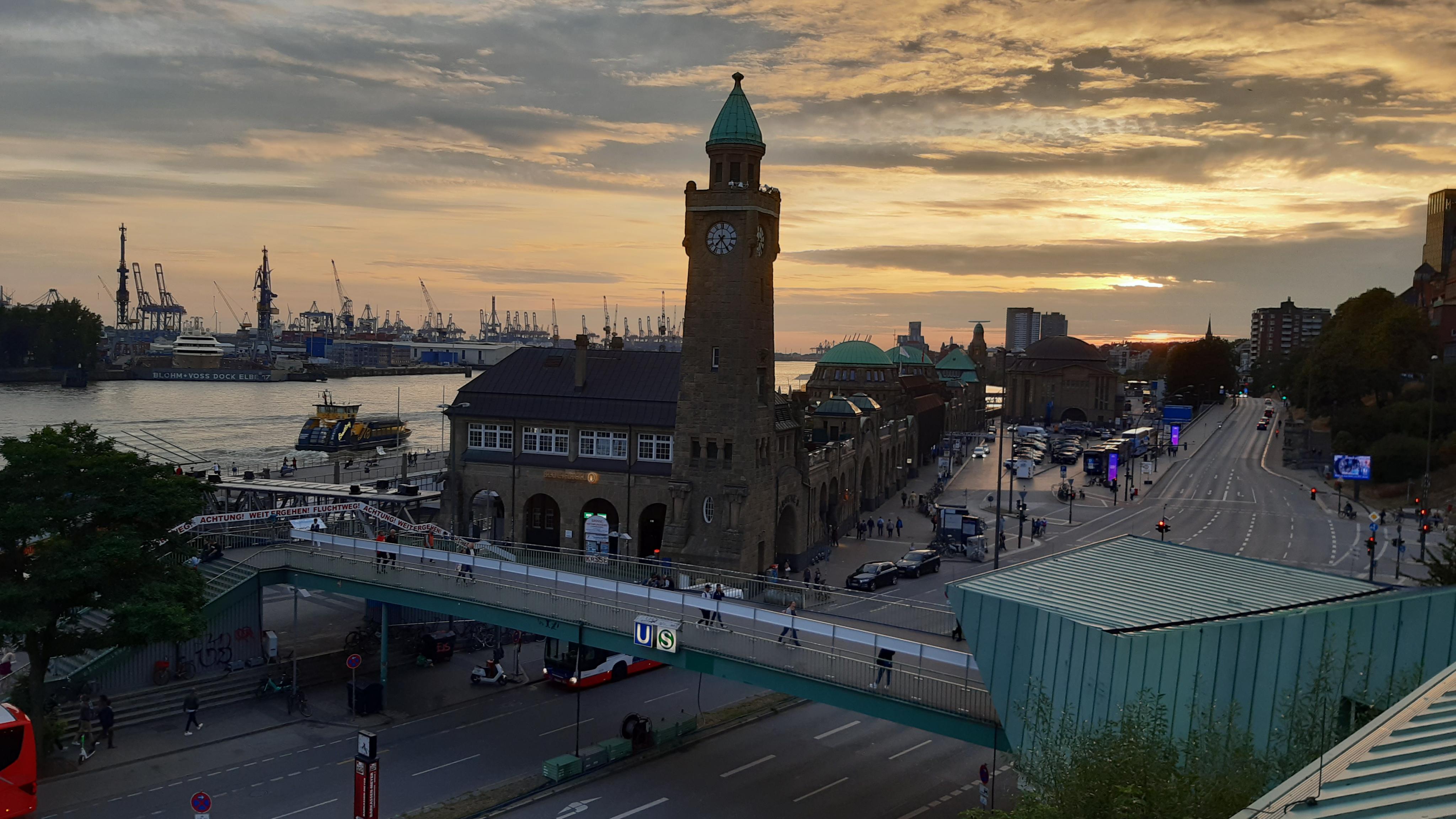West must uphold civil liberties
The proposals Trump made in what was announced to be his first serious speech on foreign policy did not add up. He wants the USA to be more reliable but more unpredictable as well. He wants the USA to ensure security more decisively, including in the Middle East, but he insists that his country must not get involved in nation building. Failed and fragile statehood, however, is a major source of global insecurity. It isn’t clear either how we wants to impose substantial tariffs on Chinese imports without completely disrupting the system of world trade.
This kind of confusion was to be expected. Trump’s approach is authoritarian. He does not attract supporters by spelling out well-reasoned policies, but by declaring that his willpower and business acumen are what matters. He rallies an in-group of people around him by demonising all those who are different – migrants, other minorities and marginalised people in general. He does not rely on the force of arguments, but indicates he is willing to use physical force and tolerates violence perpetrated by his supporters. He conveys a romantic image of how things supposedly were in the past, but cannot offer a coherent vision of a good future.
Emphasis of force and will power, endorsement of identity politics and historic romanticism are typical of authoritarian leaders. Adolf Hitler and Benito Mussolini were like that. More recent examples include Vladimir Putin in Russia, Narendra Modi in India, Reccep Tayep Erdogan in Turkey, Abdel Fattah el-Sisi in Egypt, Uhuru Kenyatta in Kenya, Prayut Chan-o-cha in Thailand or Robert Mugabe in Zimbabwe. The authoritarian approach is undemocratic whether leaders have come to power in elections or coups. Substantive democracy is not simply about the leader of majority imposing his (very rarely her) will on everyone else. Free expression, controversial debate and civil rights arguably matter even more than majoritarian rule because democracy cannot last unless these rights are ensured. Civil society cannot thrive without them – and where it does thrive, authoritarianism normally has less traction.
It is scary that authoritarian leaders such as Trump in the USA or Marine Le Pen are gaining more than just a toehold in western democracies. Germany’s AFD party and Britain’s Leave the EU campaigners are similarly destructive forces.
In developing countries, many leaders with authoritarian tendencies feel vindicated by the rise of authoritarian leaders in the west. Some intellectuals from these countries have long been arguing that western rhetoric on democracy and human rights only veils double standards. They have a point, but they miss the full truth.
If you discuss matters with most migrants from Asia or Africa in the EU, they are likely to tell you they have indeed encountered xenophobia and racism , but they also acknowledge that the rule of law and minorities’ rights are better protected where they live now than where they came from. There are reasons why many more foreigners dream of living in a G7 nation than in Russia, China or India. Economic opportunities matter, but civil liberties matter too.
In the current scenario, the western model is under strain. The more the rich world adopts authoritarian attitudes, the less its official stance on governance and human rights will matter. Keeping the track-record strong is not something state agencies do on their own. Civil society matters – and not be coincidence, it tends to be strong in Europe and North America. The west can and must uphold civil liberties.













